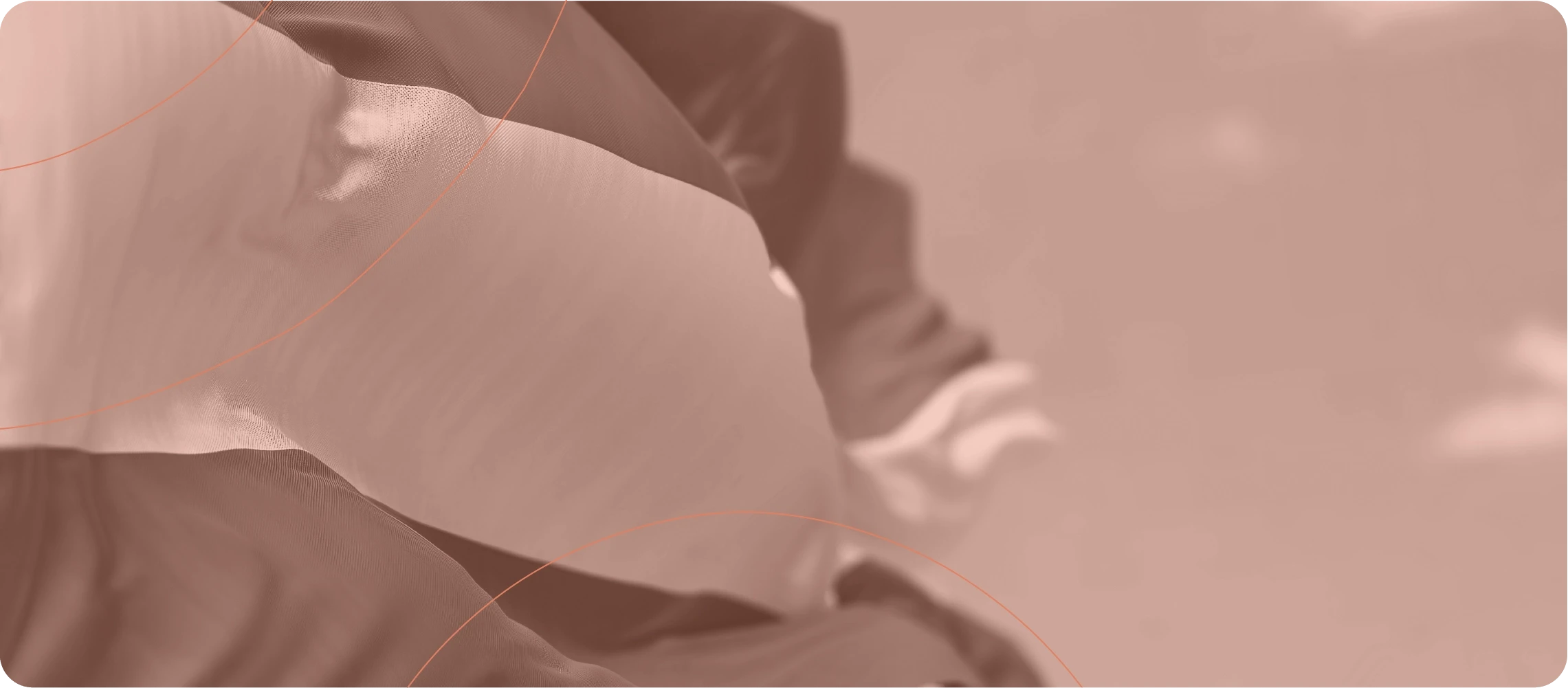Many dream of benefitting from the advantages of different countries’ strong economies and desirable living conditions. One of the countries that stands out in this regard is the Netherlands. The Dutch government makes naturalization processes more accessible, especially for people who move to the Netherlands as highly skilled migrants and work/live there for 5 years. Discover the journey to Dutch citizenship as told by Unusual Payroll, which specialises in Payroll and Employer Services
The Netherlands, one of the cities with the highest quality of life in Europe and an essential stop for highly skilled migrants with its vibrant business ecosystem and developed economy, also opens the door to Dutch citizenship for those who serve the Dutch economy and fulfil their obligations for a certain period of time. As Unusual Payroll, in this blog, we will first touch upon the advantages of being a citizen of the Netherlands, one of the respected members of the European Union, and then list the requirements of being a Dutch citizen. We will also outline how highly skilled migrants residing and working in the Netherlands can become Dutch citizens through naturalization.
Before moving on to the details of the subject, you may want to look at our article in which we detail the tax aspects of high-skilled migration in the Netherlands and review our article where we touch on the advantages of the Netherlands for highly skilled migrants.
Advantages of being a Dutch citizen
Before evaluating why being a Dutch citizen may be advantageous, let us remind you that the Dutch economy is strong enough to compete within and outside the European Union, making the Netherlands a stable country for foreign businesses. The Netherlands, whose gross domestic product per capita is above the EU average, is among the trade centres of Europe with its ports, such as Rotterdam. With its strong digital infrastructure and peaceful cities, the Netherlands stands out as one of the ideal countries to live and work.
The fact that the Netherlands is among the European Union's respected countries also allows Dutch citizens to move freely in the Schengen area. While Dutch citizens do not need a residence permit, they can live in other Schengen countries as long as they wish. Dutch citizens can also work in Dutch public offices.

Netherlands citizenship requirements
The Netherlands calls the process of granting citizenship naturalization. To apply for the naturalization process, Dutch government resources list the following requirements:
You must be over 18 years old.
You must prove your identity with valid documents.
You must have lived within the borders of the Kingdom of the Netherlands for at least 5 consecutive years with a valid residence permit, and you must have extended your residence permit on time.
You must be in the Netherlands with a valid residence permit during the naturalization ceremony.
You must learn Dutch and prove that you can read, write, speak and understand Dutch at a sufficient level by passing the citizenship integration exam, or in other words, the Dutch citizenship test.
You must renounce your current country's citizenship. In other words, for the most part, the Netherlands does not allow you to have dual citizenship.
The journey to Dutch citizenship for HSMs: Naturalization
Let's say you are a foreign-born, highly skilled migrant employed in the Netherlands by an employer based in the Netherlands identified as a sponsor by the IND. You have benefitted from tax incentives that will facilitate your integration into the Netherlands, such as the 30% Ruling, you have lived within the borders of the Netherlands for five years, and you have strictly fulfilled all the requirements for highly skilled migrants in the Netherlands. At this step, you can apply for Dutch citizenship.
The application process for Dutch citizenship begins with declaring a valid passport, a birth certificate, a valid residence permit, a citizenship integration diploma and a naturalization application form to the municipality where you live. You must also pay € 970 to apply for Dutch citizenship (2023).
Once you have completed all processes, the Immigration and Naturalization Service (IND) evaluates and decides on the suitability of your application. 'How do I become a Dutch citizen through the naturalization process?” is a video prepared by the Dutch government. As stated in the video, the decision process takes approximately 12 months. After the King of the Netherlands symbolically approves your citizenship, you attend the naturalization ceremony in the municipality where you applied. You then confirm your adherence to Dutch law by making a declaration known in the Netherlands as a “Declaration of Solidarity”. In the next step, you renounce your previous citizenship.
Things to consider before applying for Dutch citizenship
Before applying for Dutch citizenship, consider whether you want to apply. It is important to remember that the application process can be costly, so be patient because the process may take up to 12 months. The IND may not approve your naturalization at the end of this process. If your application for Dutch citizenship is rejected, you may not be naturalised even if you request reconsideration. On the other hand, if you become a Dutch citizen, you must renounce your current citizenship. These are all issues you need to evaluate individually and in detail before making an important decision that will affect the rest of your life.

If you need professional assistance, consult Unusual Payroll
As Unusual Payroll, which specialises in the Relocation of highly skilled migrants in the Netherlands and positions itself as a trusted service provider to employers, we are ready to answer all your questions with our knowledge of the legislation in the Dutch naturalization process. If you are considering starting a new life in the Netherlands, getting employed there, and obtaining Dutch citizenship after five years of working as a highly skilled migrant, you can benefit from Unusual Payroll consultancy services. Contact Unusual Payroll today for more information.






